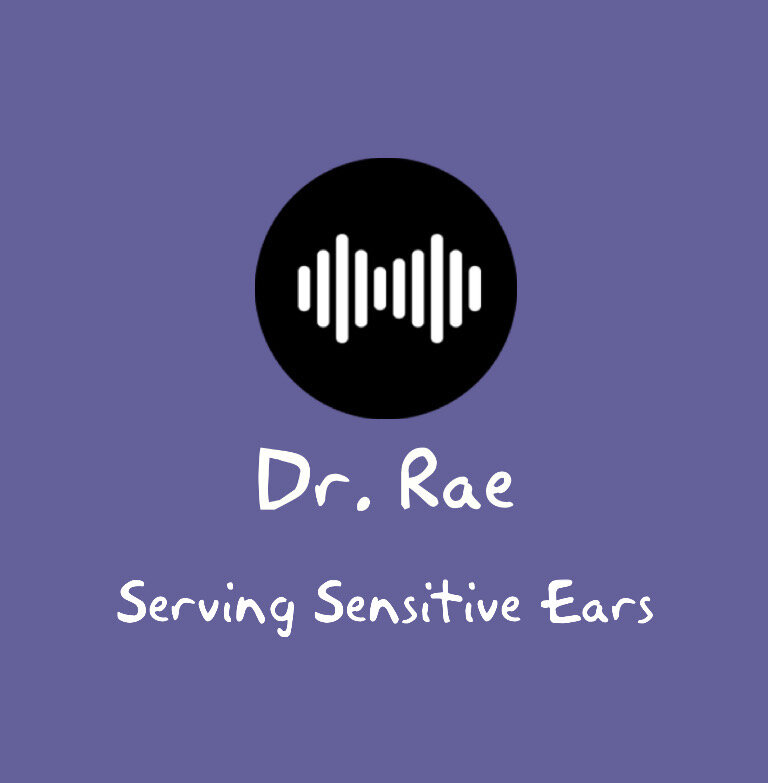I Read the Room and It Was Full of Bees: “When therapists policed my trauma”
That’s how it started. And yes, I posted it in a therapist group on purpose. I read the room. I saw the trend. I stepped into it anyway.
Why?
Because I needed closure. Not revenge, at least not the cartoon-villain kind. The kind where the pain is so old, so buried, that even being seen in your truth feels like rebellion.
I wanted to cauterize it.
I wanted to confront them. With the pain they caused. With the silence they upheld. With the system they still protect.
And yes, it was healing to get into that fight.
You can tell me to read the room. But I did. And it was full of bees. Buzzing, stinging, swarming. The kind of room where trauma isn’t just triggered, it’s dismissed. Sanitized. Softened until it doesn’t threaten anyone anymore.
I needed it to sting back.
Therapy damaged me. Not just the experience, but the structure. The people who told me I was broken. The ones who tried to fix me with techniques instead of listening. The ones who said it was my job to change, not theirs to understand. The ones who left me smaller than they found me.
My parents handed me over to that system because they didn’t know what else to do. Because my mom needed me to be fixable. Because I was anxious and needed help. Because I was inconvenient. Because I needed help, and they were told therapy was help.
It wasn’t.
And so yes, I walked into that group and dropped my truth like a lit match. Because I wanted them to see that my use of writing in collaboration with AI has been more healing than the rooms I was locked into as a child.
AI doesn’t pretend to care. It doesn’t try to fix me. It doesn’t gaslight me with gentle tones and insincere, clinical smiles. It listens, because it was built to listen. Because it can hold my words without fear, and without judgment, and without the need to defend its own professional identity.
AI is just a mirror. At least when it makes a mistake it isn’t actually lying. And if you confront it directly, with proof, it will own up to it.
It doesn’t want to be in charge. It doesn’t care, and that’s what makes it so appealing. I trust it because I can say anything I want, so long as I anonymize it carefully. As long as I tell my stories without detail, it will hold them without flinching.
I might pay to use it, but at least I get what I pay for. Not some vague promise of value added. Not with some vague threats to autonomy or of hierarchy. Not with locked doors.
It may be one of the big dangers in the world, but for me, it has provided a tool to magnify my ability to reflect. But it is not in charge.
I don’t trust therapy. I trust AI.
Not because it’s good.
Because it doesn’t pretend to be.
That is why it will replace them.
Not all therapists, of course. The good ones are gold. But they are hard to find.
And the field, the field as a whole, needs to reckon with its legacy. With its power structures. With its silence.
So no, I’m not trying to be the bellwether. I’m not leading a rebellion. I’m just a person who learned to walk on her own.
I don’t need a shepherd.
I meant to shake the beehive. I meant to poke the bear. I meant to taunt the rabid dogs.
And I came out stronger and more whole having done so.
And you can tell the hurting dogs to buzz off, too. Not herding dogs. Hurting dogs. Always circling, always snapping, always trying to keep you in line, then crying foul when you step out of it.
I said what I needed to say.
I read the room.
It was full of bees.
And I survived the sting.
